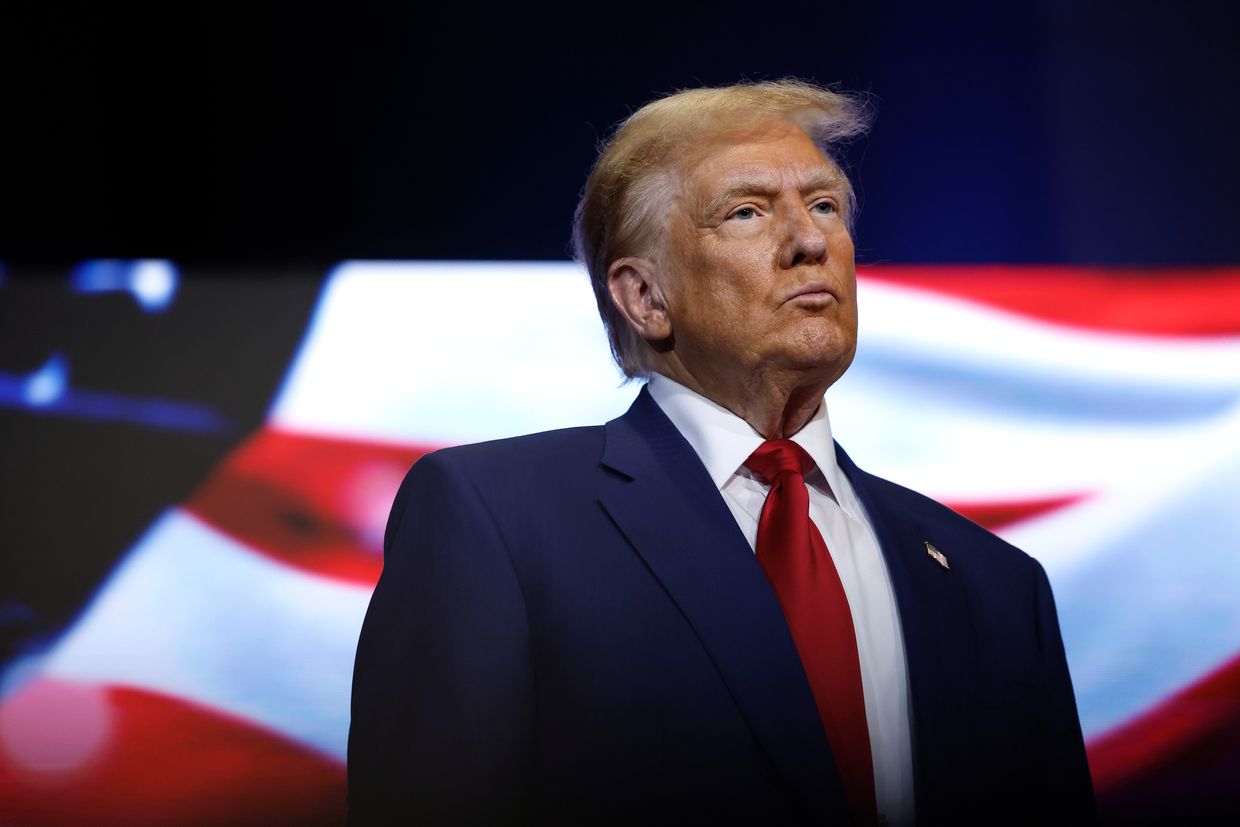Putin open to discussing Ukraine ceasefire with Trump, Reuters reports

Russian President Vladimir Putin is willing to discuss a ceasefire in Ukraine with U.S. President-elect Donald Trump but rejects major territorial concessions and insists that Ukraine abandon plans to join NATO, Reuters reported on Nov. 20, citing five former and current Russian officials.
The Kremlin's terms reportedly include freezing the conflict roughly along current front lines and "dividing control" of eastern regions, including the Donetsk, Luhansk, Zaporizhzhia, and Kherson oblasts.
Moscow, which illegally declared annexation of these regions in September 2022, currently controls only 70-80% of them, with approximately 26,000 square kilometers (10,000 square miles) under Ukrainian control. Putin issued a demand in June that Ukraine must withdraw from the four regions completely before any ceasefire talks.
Russia currently occupies roughly a fifth of Ukraine's territory – including Crimea – as its forces continue to steadily advance in the east. Publicly, the Kremlin has rejected freezing the front line or any concessions on its part, with Putin saying any peace deal must be in Moscow's favor.
According to Reuters, Russian officials suggested that Moscow might consider withdrawing from smaller occupied areas in Ukraine’s Kharkiv and Mykolaiv regions but emphasized that any deal must reflect "realities" on the ground.
Moscow remains firmly opposed to NATO membership for Ukraine or the presence of foreign troops on Ukrainian soil, the officials said. Additional demands could reportedly include limiting Ukraine’s military size and guaranteeing unrestricted use of the Russian language.
Ukraine has rejected territorial concessions and said any peace talks should be based on its 10-point peace formula, which includes a Russian withdrawal and full territorial integrity and sovereignty. Officials acknowledged that some territories might be returned through diplomacy rather than military means.
Kyiv also said that NATO membership is the only way to prevent further Russian aggression.
Without a ceasefire, Russia will continue the war, Kremlin sources told Reuters. Kremlin spokesperson Dmitry Peskov called the U.S. authorization of ATACMS missiles a "very dangerous escalation."
Trump has positioned himself as a potential peace broker, claiming he could negotiate an end to the war. The contours of Trump's peace plan remain unclear, though media reports indicate it might entail postponing Ukraine's NATO membership for 20 years, freezing the front line, and establishing a demilitarized zone in the east manned by European troops.











